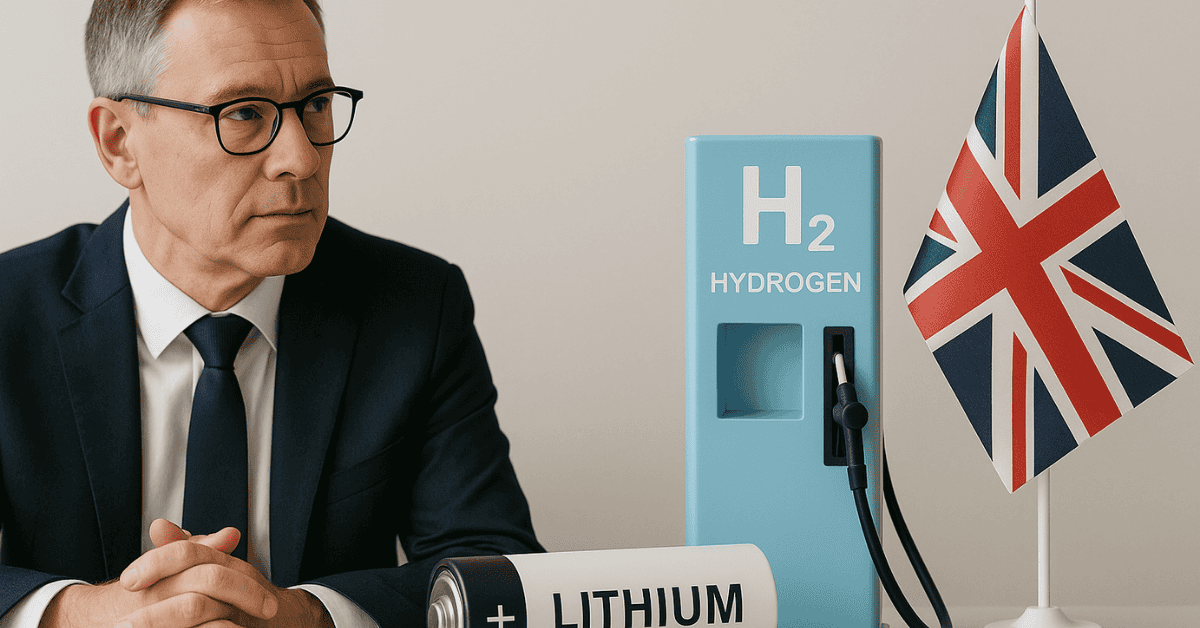The United States eleven biggest banks declared a $30 billion rescue package for First Republic Bank to save the California-based bank from becoming the third bank to collapse in a week
First Republic Bank, which is experiencing a lack of support from investors and clients, will get a $30 billion lifeline from many of America’s biggest banks.
The resilience of the financial sector is demonstrated by this show of support by a number of significant banks, the Treasury Department said in a statement on Thursday.
JPMorgan Chase, Bank of America, Wells Fargo, Citigroup, and Truist are some of the top banks.
During a turbulent time for lenders, the $30 billion infusion will provide the struggling San Francisco lender with much-needed capital to meet consumer withdrawals. It will also support confidence in the US financial system.
An official of First Republic declined to respond.
The banks stated in a statement that their move “reflects their trust in First Republic and in banks of all sizes,” adding that “regional, mid range, and small banks are vital to the health and functioning of our financial system.”
Page Contents
ToggleMarkets volatile over liquidity woes
The price of First Republic’s shares, which were repeatedly suspended on Thursday due to volatility, increased by more than 10% at day’s conclusion.
The bank’s issues highlighted ongoing concerns about the banking sector in the wake of Silicon Valley Bank and Signature Bank’s failures.
Due to worries that depositors would withdraw their money, Fitch Ratings and S&P Global Ratings both cut First Republic Bank’s credit rating on Wednesday.
Above the $250,000 FDIC cap, several regional banks, including First Republic, have sizable amounts of uninsured deposits. According to S&P Global, First Republic has a large 68% of total deposits that are uninsured, which is a sizable amount compared to SVB’s enormous percentage of uninsured deposits (94% of its total).
First Republic Bank
Due to the large number of clients that left the bank as a result and moved their money elsewhere, First Republic now has to borrow money or sell assets in order to pay consumers their deposits in cash.
Banks lend money to other customers using some of the deposits that consumers make in order to make money. Yet, according to S&P Global, First Republic has an exceptionally high 111% liability-to-deposit ratio. This makes the bank a particularly dangerous investment for investors since it signifies the bank has lent out more money than it has received in customer deposits.
Yellen organizes a quiet meeting
According to two persons familiar with the situation, Treasury Secretary Janet Yellen and JPMorgan CEO Jamie Dimon had a private meeting on Thursday in Washington before 11 banks agreed to deposit $30 billion in First Republic Bank to support the teetering lender.
The two days’ worth of meetings between Yellen, senior US officials, and executives from some of the biggest banks in the nation in search of a lifeline from the private sector for the devastated California bank culminated in the meeting.
Yellen had led the campaign from the government’s perspective, while Dimon had organized the bank CEOs who would later support the large increase in deposits.
According to a different person with knowledge of the situation, Yellen was the one who came up with the concept of the biggest US banks banding together to make deposits towards First Republic. The action was considered as crucial for stabilizing the deposit base of the bank as well as for sending a crucial message to financial markets regarding the bank and the US financial system.
Because SVB failed, the Federal Reserve established a loan scheme to stop regional banks from failing. Under this facility, banks will be able to pledge their Treasury bonds to the Fed as security for loans that last one year. In exchange, the Fed will reimburse banks for the price they paid for Treasuries, which have lost value due to the Fed’s recent increases in interest rates.
The enormous federal intervention seems to have fallen short of satisfying investors.
First Republic on Sunday disclosed a partnership with JPMorgan to have quick access to cash in case of emergency. The bank then claimed to have $70 billion in unspent assets that it could utilize immediately to cover client withdrawals.
Also Read: The US imposed semiconductor export controls on China.




